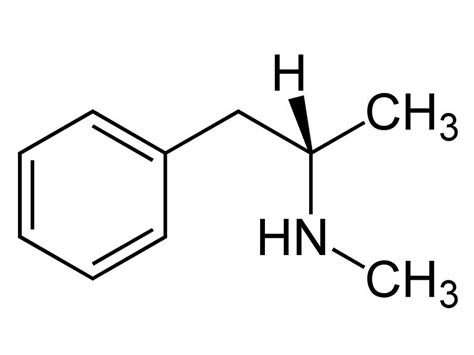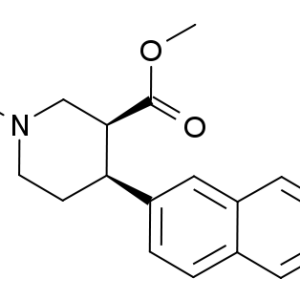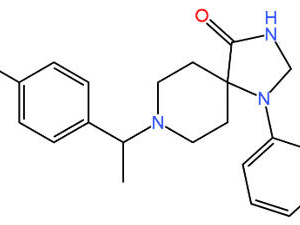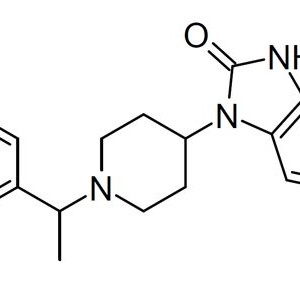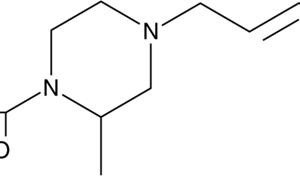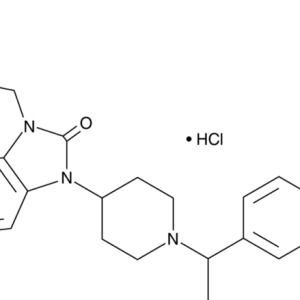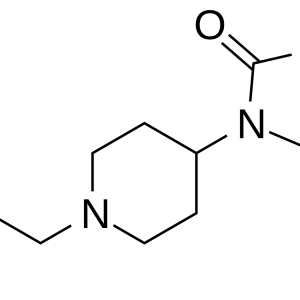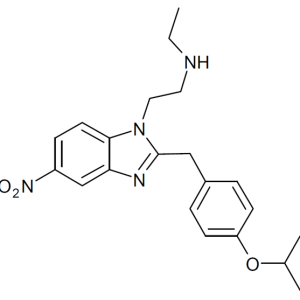The drug methamphetamine is a powerful stimulant that has a powerful effect on the central nervous system. Methamphetamine is considered to be one of the most dangerous drugs, which can lead to serious health consequences and even death. Under other names, it is known as meth, crystals, ice, glass, blue crystal.
Methamphetamine can be consumed in various forms – in the form of powder, crystals or tablets. It can be ingested, inhaled, or injected into the body. The most common method of using methamphetamine is smoking a blue crystalline powder, which is known as “meth”.
The history of the creation of amphetamine
The history of the creation of methamphetamine began in 1919, when Japanese chemist Akira Ogata created the first amphetamine. In the 1930s, amphetamine began to be used as a drug to treat narcolepsy, as well as to increase physical and mental activity.
However, in the 1940s, amphetamine began to be used as a drug that caused feelings of euphoria and mood enhancement. In the 1950s, chemists began experimenting with amphetamine to enhance its effect. That’s how methamphetamine appeared.
In the 1970s, it was banned in most countries of the world due to its danger and high toxicity.

Methamphetamine
Chemical composition
Methamphetamine has the chemical formula C10H15N, which means that it consists of 10 carbon atoms, 15 hydrogen atoms and one nitrogen atom. It is an amphetamine with a methyl group (-CH3), which gives it a stronger stimulating effect than that of amphetamine.
How it causes addiction
Methamphetamine causes physical and psychological dependence due to its ability to increase dopamine levels in the brain. Dopamine is a neurotransmitter that is responsible for feelings of satisfaction and pleasure. Increased dopamine levels caused by methamphetamine lead to a feeling of euphoria and opportunities to increase energy levels and concentration.
However, as the brain adjusts to increased dopamine levels, more and more methamphetamine is needed to achieve the same level of euphoria and satisfaction. This leads to physical dependence when the body requires methamphetamine to maintain normal functioning.
Psychological dependence is associated with the emotional states that methamphetamine causes. People who use this drug can become addicted to the feeling of euphoria and satisfaction that it brings. This is manifested in the obsessive desire to use it and the inability to cope with this obsession on their own. In addition, methamphetamine can reduce hunger, which can lead to eating disorders and weight loss, which can also become a factor in psychological dependence.
In general, methamphetamine causes physical and psychological dependence, which can be very strong and difficult to overcome without the help of specialists.
The feeling of amphetamine
The effect of using methamphetamine can be very diverse and depends on the dose, the method of use and the individual characteristics of the body. It usually causes a strong but mild feeling of euphoria, an increase in mood, an increase in energy, and a decrease in feelings of fatigue and hunger.
However, methamphetamine can also cause negative effects such as insomnia, anxiety, headache, loss of appetite and abnormal heart rhythm. Prolonged use of this drug can lead to serious health consequences such as cardiac disorders, mental disorders, tooth loss and even death.
Signs of a methamphetamine addict
-Loss of appetite and observed weight
-Increased energy and a sense of wakefulness
-Insomnia or inability to fall asleep
-Mood changes, including irritability, aggression and depression
-The inability to stop using methamphetamine, even if it leads to problems in work, relationships and health
-Skipping work or study
-Illegal behavior, such as theft to pay for drug
use, the appearance of wounds, bruises and other puncture marks on the body
-Deterioration of appearance, including teeth, chapped skin and an unspoken appearance.
Methamphetamine overdose
Methamphetamine overdose is a serious condition that can lead to death. The main cause of overdose is the use of a large amount of the drug in a short period of time. Also, an overdose may occur due to improper dosing or the use of potent forms of the drug.
It is important to know what actions should be taken in case of overdose, and how to alleviate withdrawal symptoms. If you or someone close to you suffers from methamphetamine addiction, you need to seek help from specialists who can offer comprehensive treatment and support during the recovery process.
Pre-medical care
If you suspect that you or someone close to you has overdosed on methamphetamine, first aid is needed. The first step should be to call an ambulance. It is important to inform the operator of all the symptoms and signs of overdose, such as excessive agitation, seizures, hallucinations and loss of consciousness.
A lethal dose of methamphetamine
The lethal dose of methamphetamine depends on many factors, including age, weight, health status and level of tolerance to the drug. However, as a rule, the lethal dose of methamphetamine is about 500 mg.
